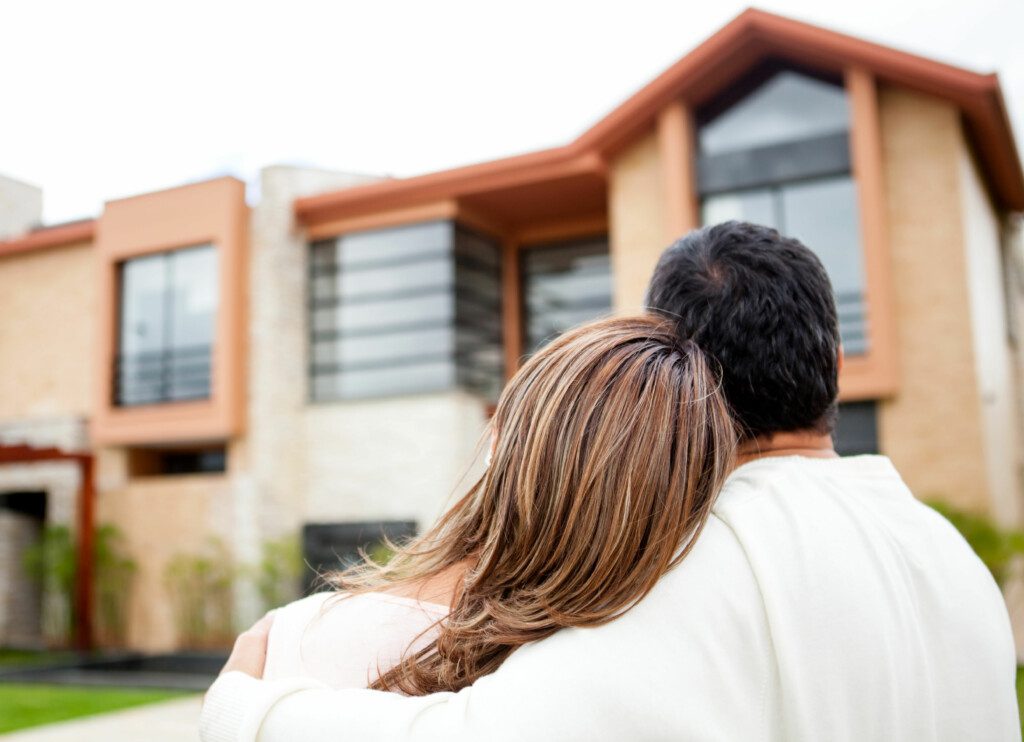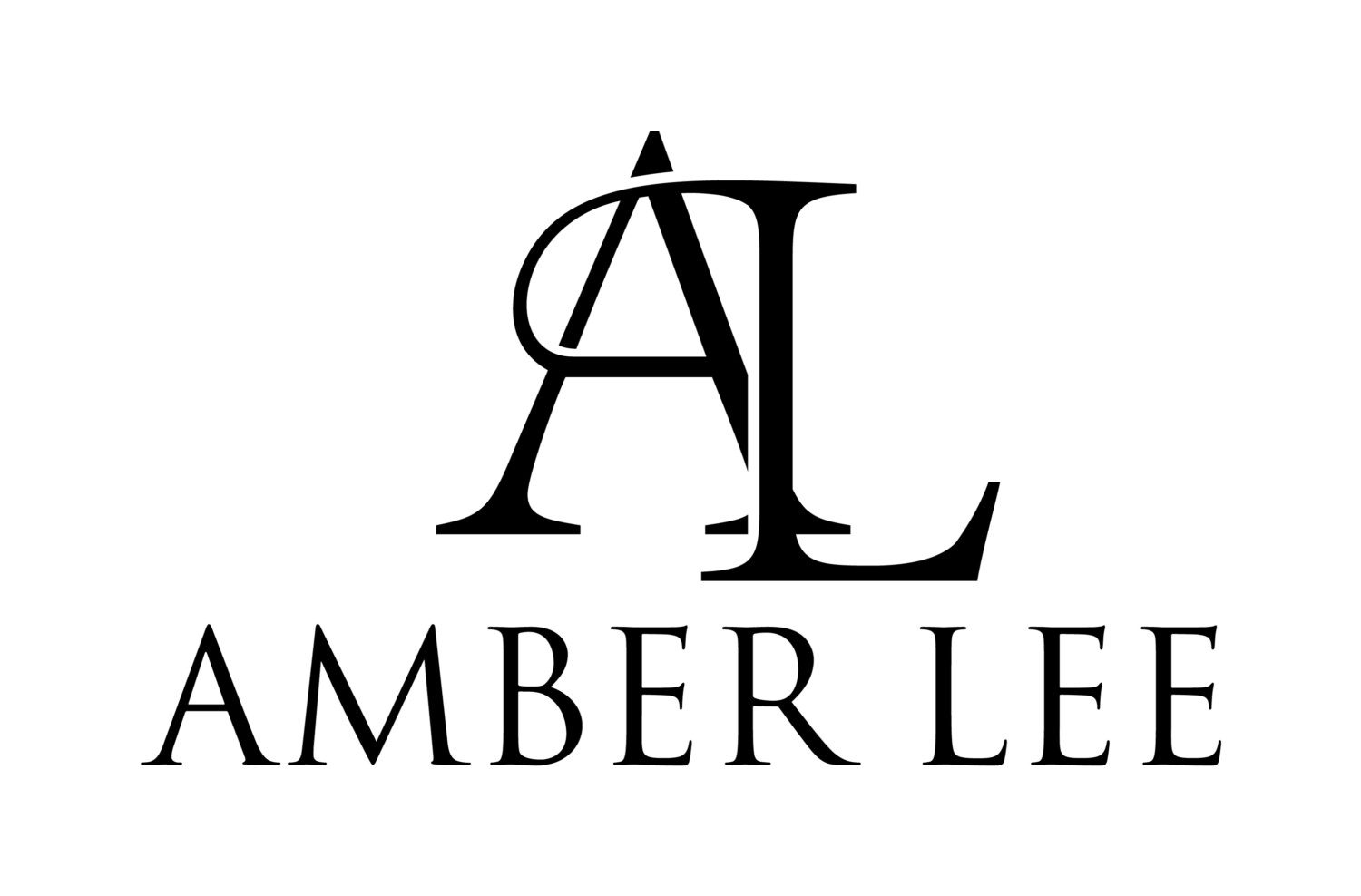Buying a foreclosed home can be an excellent opportunity to get a good deal on a house, but there are also some potential drawbacks. Foreclosed homes can present a variety of problems, from the need for extensive repairs to legal complications that may arise. So, before you make an offer on a foreclosed home, it is crucial to understand all the ins and outs of these types of properties and how they work.
When is a Home Foreclosed Upon?
Foreclosures happen when the owner of the home fails to make their mortgage payments, and the lender takes possession of the property. Foreclosed homes are then put up for sale in order to recoup some of the money lost by the lender on unpaid mortgages. This process can take several months or longer, and during this time, most homes will not be maintained or kept up in any way.
Should You Buy a Foreclosed Home?
When buying a foreclosed home, knowing what you are getting into beforehand is important. The condition of foreclosure homes can vary significantly from one property to another. Some may require minimal repairs, while others may require much more extensive and expensive repairs to become livable again. In addition, there may be structural issues with some foreclosures and outdated appliances and fixtures that need to be replaced. If you’re considering purchasing a foreclosed home, it is essential to have a thorough inspection done before signing any paperwork so that you’re aware of any potential issues beforehand.
In addition to physical issues with the home itself, legal complications may be involved in buying a foreclosure property. For instance, some lenders might attempt to sue former homeowners over unpaid debt or try to collect back taxes owed on the property after it has been sold at auction. It is important to consult with an attorney who understands foreclosure laws so that you understand your rights and obligations as an incoming homeowner before making such an investment.
Finally, keep in mind that all foreclosures come with their own unique set of risks and rewards associated with them. While buying a foreclosure can save you money upfront, it also could end up costing you more money than anticipated if unforeseen repairs or legal issues arise after purchase due to a lack of sufficient research prior to making an offer on the property. In some cases, however, these risks can be mitigated through careful planning and research before committing yourself financially and emotionally. Ultimately, it’s important for potential buyers to recognize both the advantages and disadvantages associated with these types of properties before making any decisions. This way, they can make an informed decision rather than being swayed by emotions or false promises made by sellers or realtors.
How Do you Buy a Foreclosed Home?

Buying a foreclosed home can be a great way to get a good deal on a new property, but there are specific steps and considerations you’ll want to complete before committing to such an investment. Before getting started, it’s important to consider the advantages and disadvantages of purchasing a foreclosed property, as well as point out the potential risks involved.
The first step is to research any potential properties you may be interested in purchasing. You’ll want to ensure the property is located in an area that meets your needs, such as with good schools or access to public transport. Additionally, researching the neighborhood will give you insight into potential issues with a crime or other nuisances that may affect the property’s value over time. Once you’ve completed this research, it’s time to start looking into financing options for your purchase.
The next step is often to contact the lender who owns the foreclosure – usually banks or government agencies – and inquire about how they handle these types of transactions. Again, it’s important to understand what type of documents will be required of you and how long the process may take. Additionally, it’s best practice to ask what fees are associated with such purchases so there are no surprises further down the line.
When considering financing options for your purchase, it’s important not only to look into traditional mortgages but also alternative methods such as private loans or government-backed programs like FHA loans which can provide more favorable terms for buyers looking into foreclosures. Be sure that whatever option you choose fits within your budget so you don’t find yourself in over your head financially once everything is said and done.
Once you’ve chosen your financing option and submitted all necessary paperwork, it’s time for the inspection process, which can uncover hidden problems or damage that might not have been evident during initial examinations. Hiring professional inspectors before closing on a foreclosure is essential since many properties have major issues like water damage or structural issues that need addressing ahead of time in order for them to be sellable later on down the line when/if needed.
Finally, if all goes well up until this point, it’s time close on your purchase! Ensure all documents are properly signed and filed with local authorities, and payment is made in full before taking possession of a foreclosure property purchased at auction (or paid directly through real estate agents). Remember: even after completion of all these steps; it’s still possible things could go wrong, so make sure due diligence has been done throughout each step to mitigate any possible risks involved when buying foreclosures homes.
Interested in Learning More?
If you are interested in looking at the current foreclosures in your preferred area, reach out to me today. I can help you successfully navigate the process of buying a foreclosed-upon home and ensure that you have a thorough understanding of the property you’re interested in, as well as the steps it will take to make it yours.
